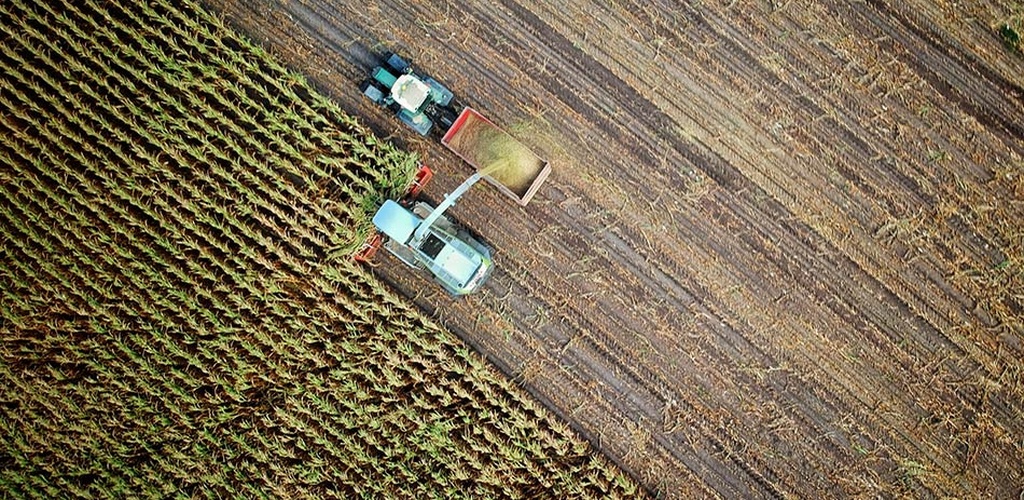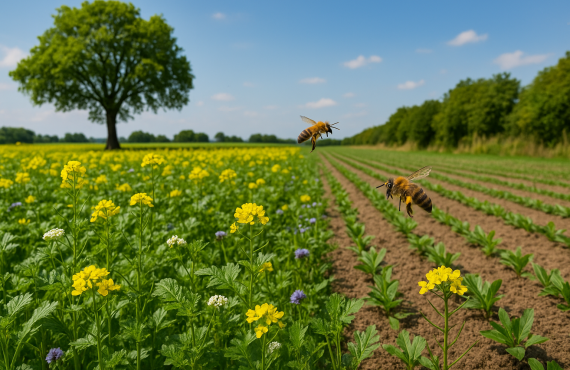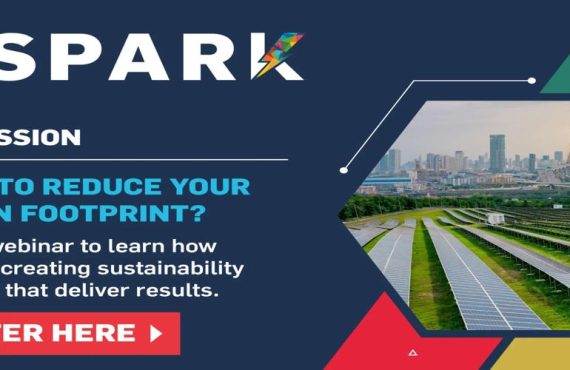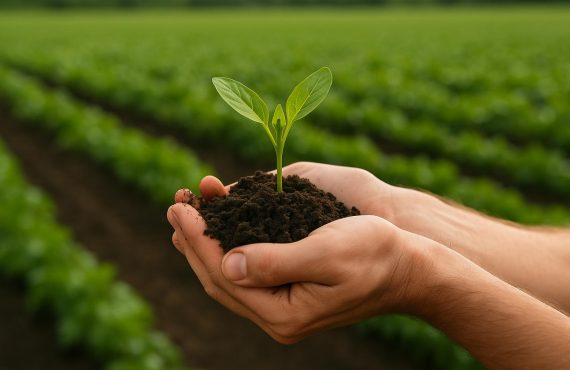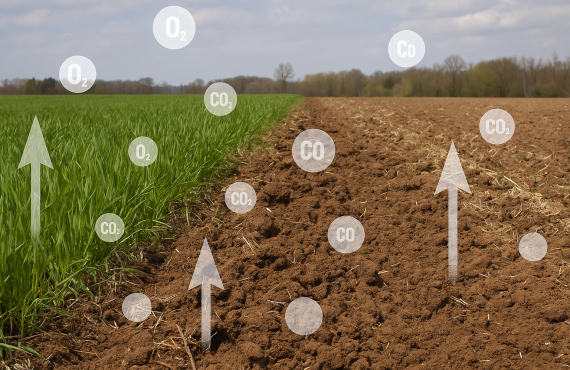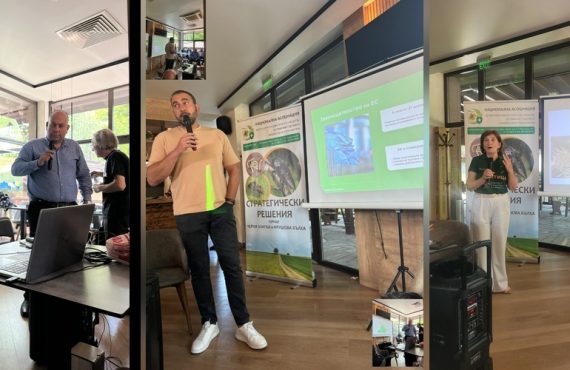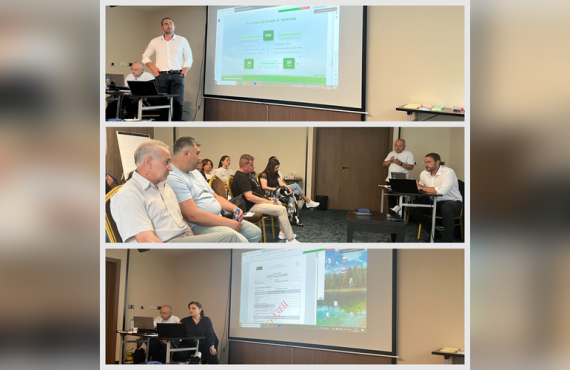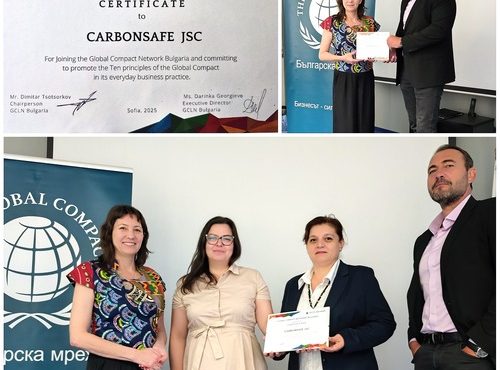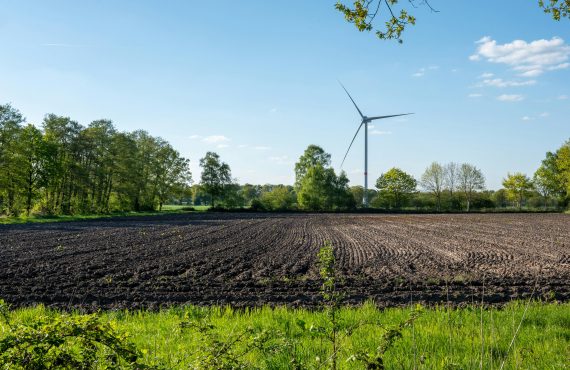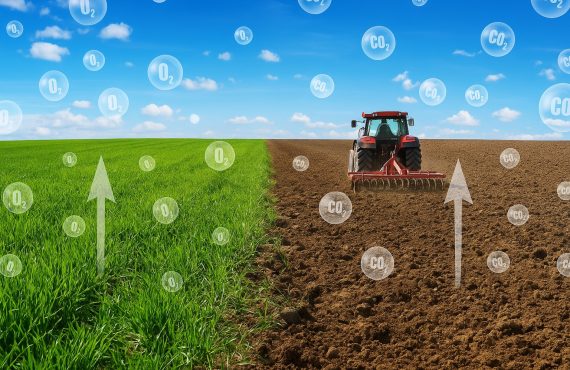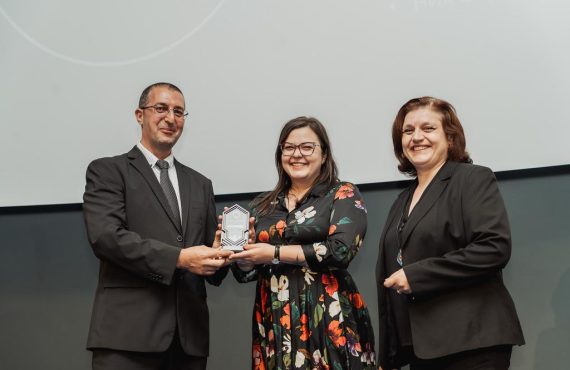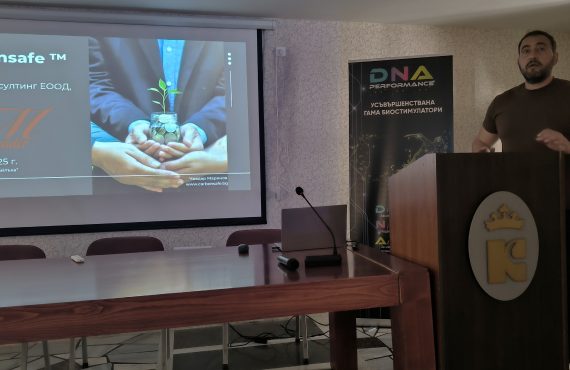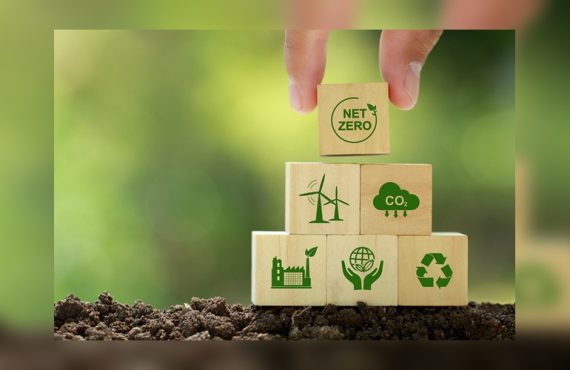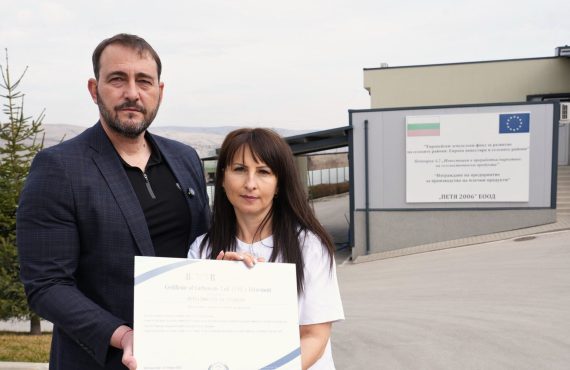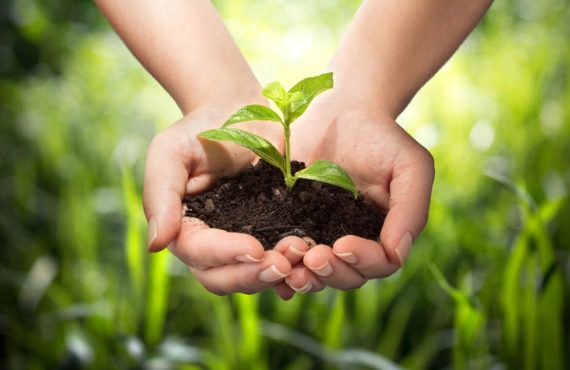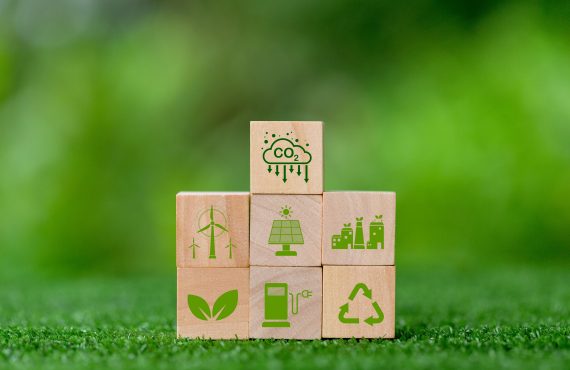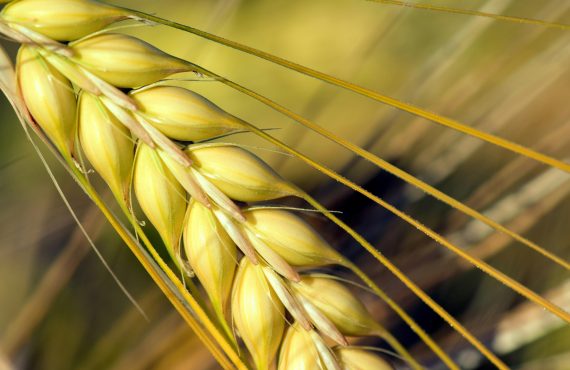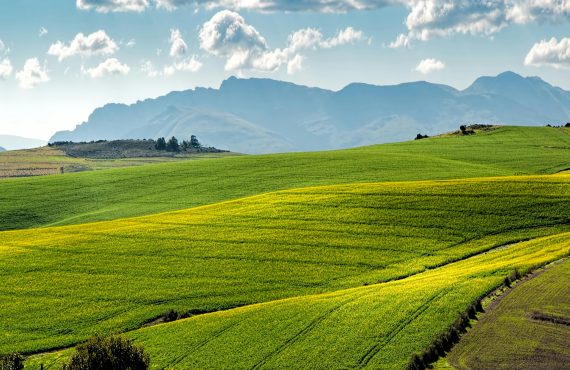Each year, summer becomes increasingly demanding for farmers in Bulgaria. Droughts, heatwaves, high costs, and limited access to resources are just some of the challenges. In this environment, sustainable agriculture is no longer just a trend — it’s a real necessity.
What does sustainable summer management mean?
• Efficient water use – Drip irrigation, moisture sensors, and other tools help save water and reduce losses.
• Soil conservation – Cover crops and minimum tillage preserve moisture and enrich the soil with nitrogen.
• Smart use of fertilizers and treatments – Applied at the right time, based on soil and leaf analysis.
• Shade for sensitive crops – Especially important for shallow-rooted vegetables and fresh-market crops, which are prone to sunburn and heat stress.
Carbon farming: a chance for additional income
In 2025, more and more farmers are exploring opportunities to join carbon farming programs like Carbonsafe™. These initiatives enable farmers to generate carbon credits by adopting practices that preserve organic carbon in the soil.
This way, farmers not only protect their land but also receive additional funding that can complement agricultural subsidies or support new investments. Increasingly, programs such as the Rural Development Programme are recognizing sustainability as a key criterion for support.
How does technology help?
Digital tools – satellite imagery, weather station data, and mobile apps – allow farmers to act quickly and accurately. Logging practices in a digital system simplifies access to funding, agricultural loans, and traceable markets.
A time for action
Summer is not only about harvesting – it’s also the time to build resilience for the future. Investing in adaptive practices and participating in carbon farming programs creates real value — for both the soil and the bottom line. The future of farming is green, digital, and sustainable. Let’s build it together.

